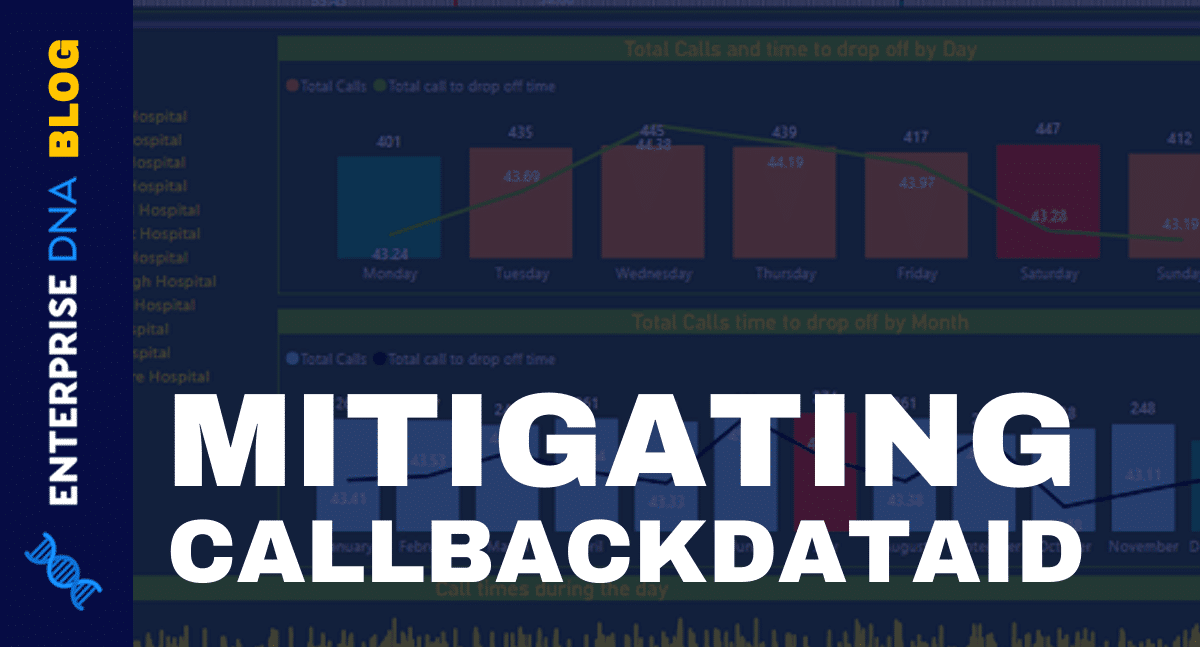Dax Performance: The Impact Of German Politics And Business

Table of Contents
The DAX (Deutscher Aktienindex) is a blue-chip stock market index consisting of the 40 largest German companies listed on the Frankfurt Stock Exchange. It serves as a benchmark for the German economy and is a significant indicator of European and global market health. Its performance is closely watched by investors worldwide, making understanding its drivers essential.
The Influence of German Political Stability on DAX Performance
German political stability significantly impacts investor confidence and, consequently, DAX performance. The country's history of coalition governments adds a layer of complexity to this dynamic.
Coalition Governments and Economic Policy
Coalition governments, a common feature of German politics, can lead to compromises in economic policy. This can create both opportunities and challenges for the DAX.
- Fiscal policy: Decisions on government spending and taxation can directly affect corporate profitability and investment. A fiscally conservative coalition might favor lower taxes, potentially boosting DAX performance, while a more interventionist government might prioritize social programs, potentially impacting corporate profits.
- Environmental regulations: Stringent environmental policies, while beneficial for sustainability, can impose costs on businesses, particularly in energy-intensive sectors. This can impact the share prices of companies in the DAX heavily reliant on fossil fuels.
- Labor market reforms: Changes to minimum wage, worker protections, or union power can affect labor costs and business competitiveness, influencing the DAX's trajectory.
Historically, periods of stable coalition governments with clear economic agendas have generally coincided with positive DAX performance. Conversely, periods of political uncertainty or frequent coalition changes have often led to volatility and lower investor confidence. The formation of a new government always introduces a period of uncertainty until their economic policies are clearer.
Geopolitical Factors and the DAX
Germany's position within the European Union and its significant role in global trade mean geopolitical events profoundly impact the DAX.
- EU relations: Changes in EU policy, particularly those impacting trade or regulations, can significantly affect German businesses and the DAX. Brexit, for example, created considerable uncertainty for German exporters.
- Global trade wars: Escalating trade tensions between major global powers can negatively impact German exports, given the country's export-oriented economy. This sensitivity is reflected in the DAX's performance during such periods.
- International conflicts: Global conflicts, even those geographically distant, can create economic uncertainty, impacting investor sentiment and DAX performance through increased risk aversion.
- The Euro's impact: Fluctuations in the Euro's value against other major currencies directly affect the competitiveness of German exports and, subsequently, the DAX.
Key Business Sectors Driving DAX Performance
The DAX is heavily influenced by the performance of several key business sectors. Understanding their dynamics is crucial for evaluating DAX performance.
Automotive Industry's Impact
The automotive industry is a cornerstone of the German economy and a significant component of the DAX. However, this sector faces considerable challenges.
- Major players: Volkswagen, BMW, and Daimler (Mercedes-Benz) are DAX heavyweights, and their performance significantly impacts the index.
- Electric vehicle transition: The shift towards electric vehicles presents both opportunities and risks. Companies adapting successfully will likely thrive, while those lagging might face significant challenges.
- Chip shortages: Global semiconductor shortages have disrupted production and negatively impacted the automotive industry's performance, causing ripples throughout the DAX.
The Influence of Industrial and Manufacturing Sectors
Germany's strong industrial and manufacturing base contributes significantly to the DAX.
- Key sectors: Chemicals (BASF), engineering (Siemens), and other industrial giants form a substantial part of the DAX.
- Economic cycles: These sectors are highly sensitive to global economic cycles. During periods of economic downturn, demand for industrial goods falls, affecting company profits and the DAX.
- Automation and digitalization: The adoption of automation and digital technologies is reshaping these industries, creating opportunities for some companies while posing challenges for others.
Technology and the DAX
The technology sector's influence on the DAX is growing, reflecting the broader global trend of technological advancement.
- Prominent companies: While not as dominant as in other indices like the Nasdaq, technology companies are increasingly represented in the DAX, contributing to its growth and innovation.
- Digital transformation: The ongoing digital transformation is impacting all sectors, creating new opportunities and requiring companies to adapt to remain competitive, influencing DAX performance.
Conclusion: Understanding DAX Performance for Informed Investment Decisions
DAX performance is a complex interplay of German political stability, the performance of key business sectors, and external geopolitical factors. Predicting its trajectory requires a nuanced understanding of these interconnected elements. The influence of coalition governments on economic policy, the sensitivity of German exporters to global events, and the transformative power of technological advancements all play a significant role. Understanding the intricacies of these factors is crucial for navigating the complexities of DAX performance. Stay informed about key developments in German politics and the business landscape to make strategic decisions about your DAX investments.

Featured Posts
-
 Pne Fairgrounds Potential Site For New Whitecaps Stadium
Apr 27, 2025
Pne Fairgrounds Potential Site For New Whitecaps Stadium
Apr 27, 2025 -
 Jannik Sinner And The Wada Reach Agreement On Doping Allegations
Apr 27, 2025
Jannik Sinner And The Wada Reach Agreement On Doping Allegations
Apr 27, 2025 -
 Mc Cook Jeweler Provides Support To Nfl Players Facing Career Transitions
Apr 27, 2025
Mc Cook Jeweler Provides Support To Nfl Players Facing Career Transitions
Apr 27, 2025 -
 How Ariana Grande Achieved Her New Look Professional Hair And Tattoo Services
Apr 27, 2025
How Ariana Grande Achieved Her New Look Professional Hair And Tattoo Services
Apr 27, 2025 -
 Sinners Doping Case Concludes Details Of The Settlement
Apr 27, 2025
Sinners Doping Case Concludes Details Of The Settlement
Apr 27, 2025
Latest Posts
-
 Denny Hamlins Popularity A Michael Jordan Perspective
Apr 28, 2025
Denny Hamlins Popularity A Michael Jordan Perspective
Apr 28, 2025 -
 You Boo Him He Gets Better Michael Jordans Bold Hamlin Support
Apr 28, 2025
You Boo Him He Gets Better Michael Jordans Bold Hamlin Support
Apr 28, 2025 -
 Michael Jordan Backs Denny Hamlin The Controversy And Its Impact
Apr 28, 2025
Michael Jordan Backs Denny Hamlin The Controversy And Its Impact
Apr 28, 2025 -
 Michael Jordans Denny Hamlin Endorsement Fueling The Nascar Firestorm
Apr 28, 2025
Michael Jordans Denny Hamlin Endorsement Fueling The Nascar Firestorm
Apr 28, 2025 -
 Bubba Wallace Involved In Nascar Phoenix Crash Due To Brake Problems
Apr 28, 2025
Bubba Wallace Involved In Nascar Phoenix Crash Due To Brake Problems
Apr 28, 2025
